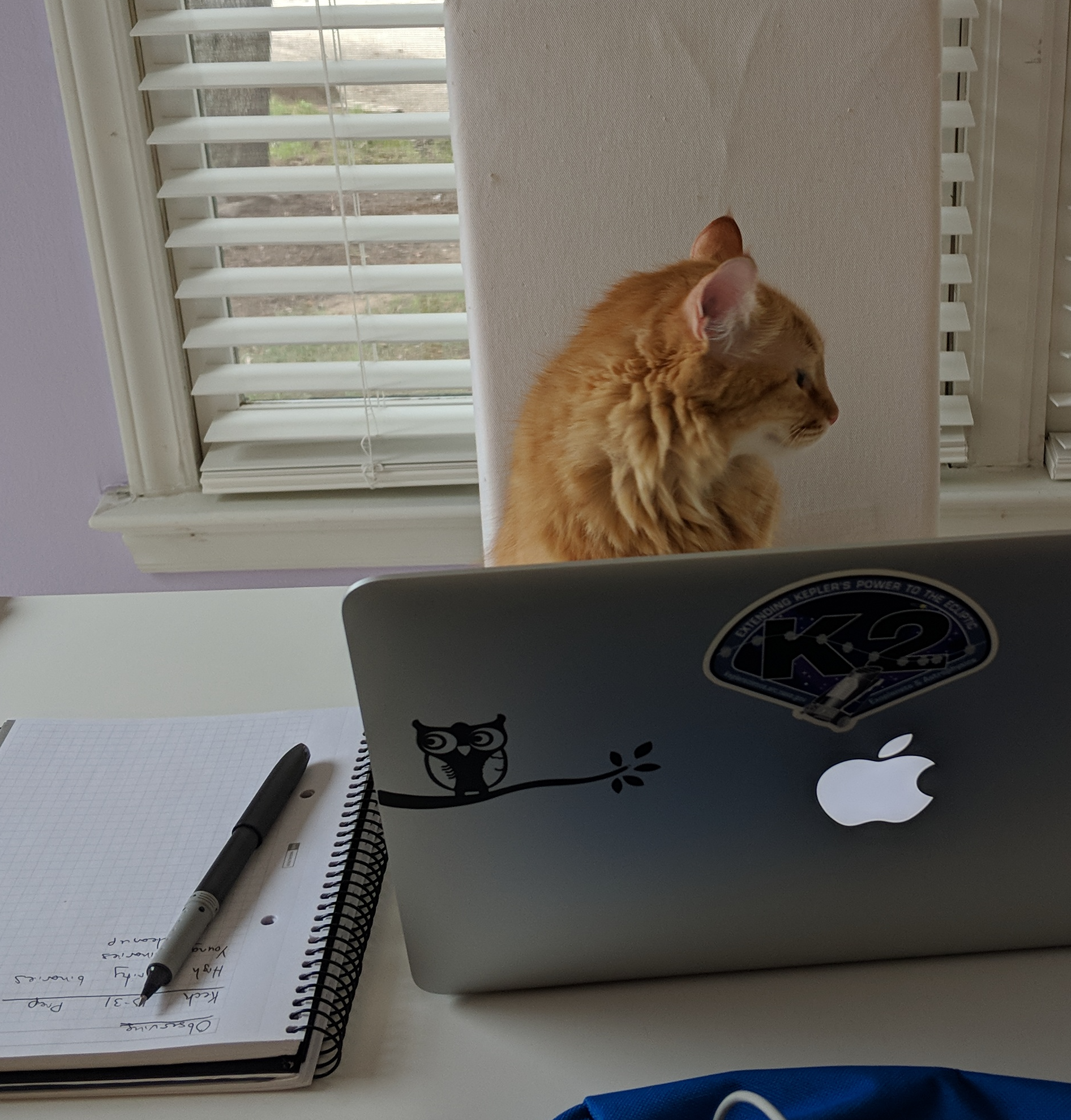I'm currently an associate professor at the University of North Carolina at Chapel Hill.
Our team studies planetary evolution, focusing on young (100-1000 Myr) and infant (0-100 Myr) exoplanets to uncover early processes shaping planetary systems, including young Earth analogs.
We analyze exoplanet statistics—occurrence rates, population parameters, binarity—using data from Kepler, K2, and TESS missions. Our work includes studying late-type and young stars, employing advanced computational methods like machine learning to handle extensive datasets and address astrophysical noise.
Team members also investigate young and low-mass stars to better understand their planetary systems.
We are now involved in the design and launch of several small-scale space missions (CubeSats and SmallSats) studying stars and planets.
You can find some recent research highlights on my Research page or see a full listing
of my papers from ADS
or
Google Scholar.
Read about other members of the Young Worlds Lab on the Team page.
My cat, Bandit, regularly attends classes and group meetings, especially enjoying Think-Pair-Share activities and playing Among Us.
Find me on Bluesky, Linkedin, or email me at awmann[at]unc.edu.
Site last updated: November 2024

